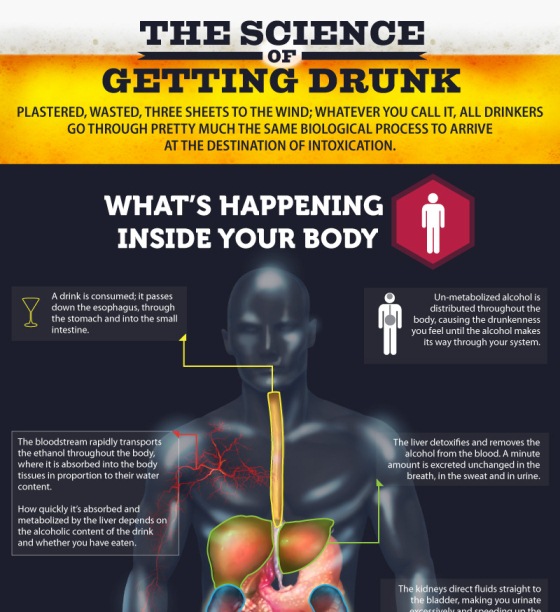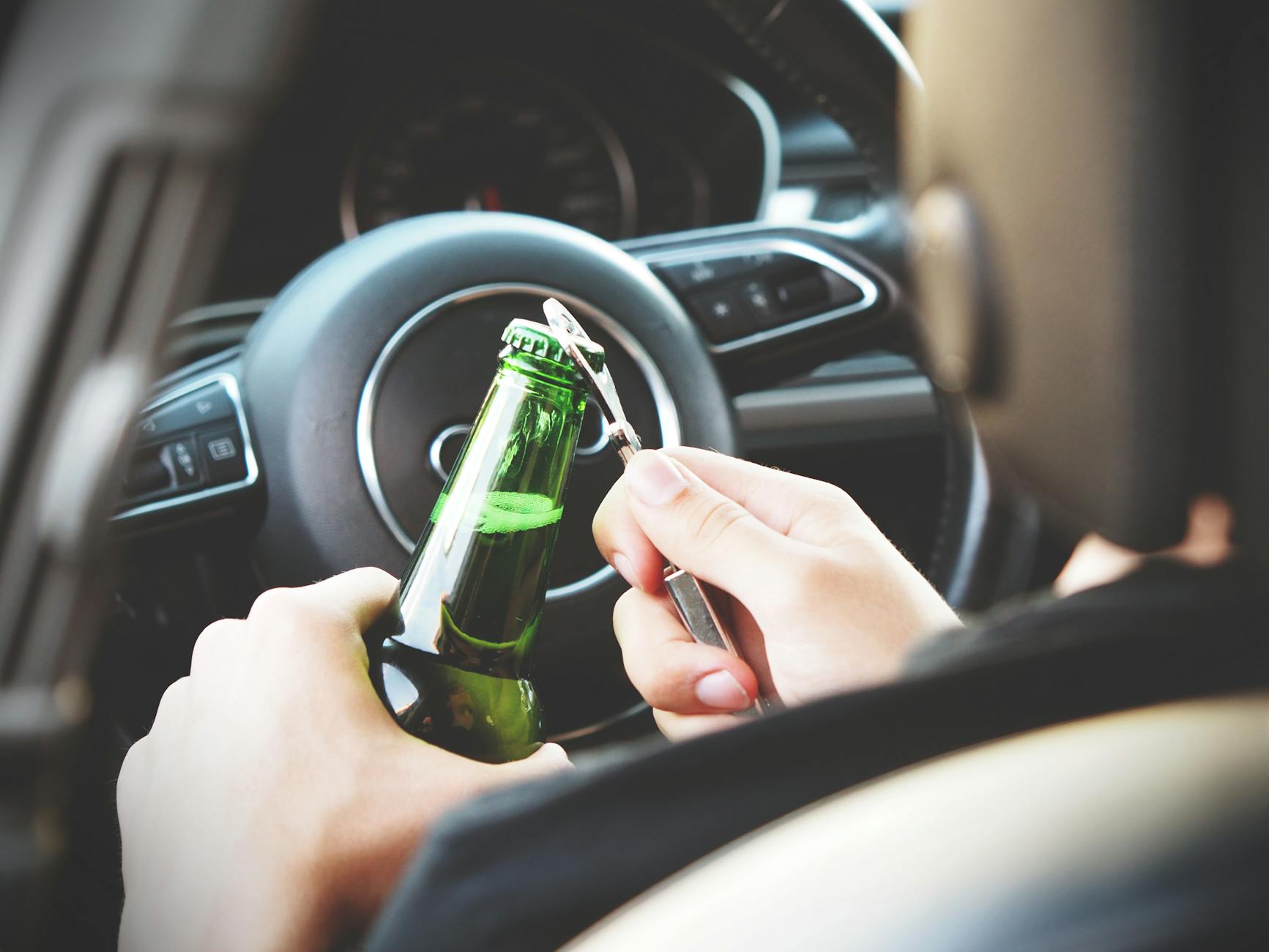Unveiling the mystery of intoxication: Discover the scientific formula behind getting tipsy and the surprising truth about beer.
Table of Contents
Have you ever wondered how many beers it takes to get drunk? The answer to this question is not as simple as it may seem. There are several factors that can influence how quickly and severely someone gets intoxicated, including individual tolerance levels, alcohol metabolism, and various other external variables. In this comprehensive blog post, we will delve deep into the science behind alcohol intoxication to help you better understand your limits and make informed decisions about your drinking habits.
Alcohol Metabolism
alcohol metabolism plays a crucial role in determining how intoxicated an individual can get after consuming a certain amount of alcohol. When you drink alcohol, your body begins to break it down through a process called oxidation. The liver is primarily responsible for metabolizing alcohol, converting it into acetaldehyde and then into acetic acid, which is eventually eliminated from the body.
Several factors can influence alcohol metabolism, including age, weight, and genetics. Younger individuals tend to metabolize alcohol quicker than older adults due to differences in liver function. Similarly, individuals with a higher body weight may be able to process alcohol more efficiently than those who are lighter. Additionally, genetics can also play a role in how effectively someone’s body metabolizes alcohol, with some people possessing enzymes that break down alcohol faster than others.
It is important to note that alcohol metabolism varies from person to person, so there is no one-size-fits-all answer to the question of how many beers it takes to get drunk. Individuals with a slower metabolism may feel the effects of alcohol more quickly than those with a faster metabolism, even if they consume the same amount of alcohol.
Individual Tolerance Levels
Individual tolerance levels refer to how well someone can handle alcohol before feeling intoxicated. Several factors can influence an individual’s tolerance to alcohol, including gender, stress levels, and previous alcohol consumption. Men tend to have a higher tolerance for alcohol than women due to differences in body composition and enzyme levels. Additionally, stress can impact how alcohol affects the body, with high-stress levels potentially exacerbating the effects of intoxication.
It is essential for individuals to understand their own tolerance levels and drink responsibly. One way to determine your tolerance is to pay attention to how alcohol affects your body and make note of your limits. It is always better to err on the side of caution and avoid drinking excessively to prevent the risk of alcohol-related harm or accidents.
Factors Influencing Intoxication
Aside from individual tolerance levels and alcohol metabolism, there are several other factors that can influence how quickly and severely someone becomes intoxicated. Drinking on an empty stomach, for example, can lead to faster absorption of alcohol into the bloodstream, resulting in quicker intoxication. Similarly, mixing alcohol with other substances, such as medications or energy drinks, can amplify the effects of alcohol and increase the risk of adverse reactions.

Image courtesy of www.infographicszone.com via Google Images
Dehydration is another factor that can influence alcohol intoxication. Alcohol is a diuretic, meaning it can cause the body to lose fluids and lead to dehydration. Dehydration can exacerbate the effects of alcohol and increase the likelihood of experiencing symptoms of intoxication, such as dizziness, confusion, and nausea.
It is crucial for individuals to be mindful of these factors and take steps to minimize the risks of alcohol intoxication. Eating a meal before drinking, pacing your alcohol consumption, and staying hydrated can help mitigate the effects of alcohol and reduce the chances of becoming too drunk.
Conclusion
Understanding the science behind alcohol intoxication is key to making informed decisions about your drinking habits. While the question of how many beers it takes to get drunk may not have a straightforward answer, being aware of your own tolerance levels, alcohol metabolism, and the various factors that can influence intoxication can help you stay safe and responsible while consuming alcohol. Remember to always drink in moderation, know your limits, and prioritize your health and well-being when it comes to alcohol consumption.
Frequently Asked Questions
Question 1: How does alcohol metabolism affect intoxication?
Answer 1: Alcohol metabolism plays a critical role in determining how intoxicated someone gets. Factors like age, weight, and genetics impact how efficiently the body processes alcohol, affecting how quickly and severely someone becomes intoxicated.
Question 2: What role do individual tolerance levels play in alcohol consumption?
Answer 2: Individual tolerance levels vary based on factors like gender, stress levels, and previous alcohol consumption. Men usually have a higher tolerance than women, and stress can intensify the effects of alcohol, making it crucial to understand your own limits and drink responsibly.
Question 3: What are some external factors that influence alcohol intoxication?
Answer 3: Various external factors like drinking on an empty stomach, mixing alcohol with other substances, and dehydration can impact how quickly and severely someone becomes intoxicated. Being aware of these factors and taking precautions can help reduce the risks of alcohol-related harm.
Question 4: How can individuals make informed decisions about their drinking habits?
Answer 4: By understanding their own tolerance levels, paying attention to alcohol metabolism, and being mindful of external factors that can influence intoxication, individuals can make informed decisions about their drinking habits. It’s essential to drink in moderation, know your limits, and prioritize your health and well-being.
Generated by Texta.ai Blog Automation


Leave a Reply